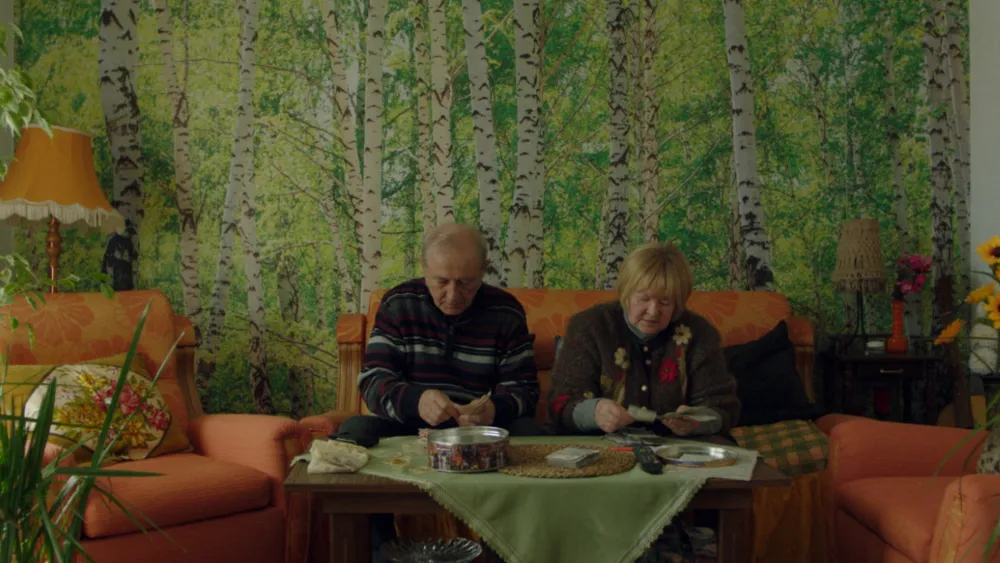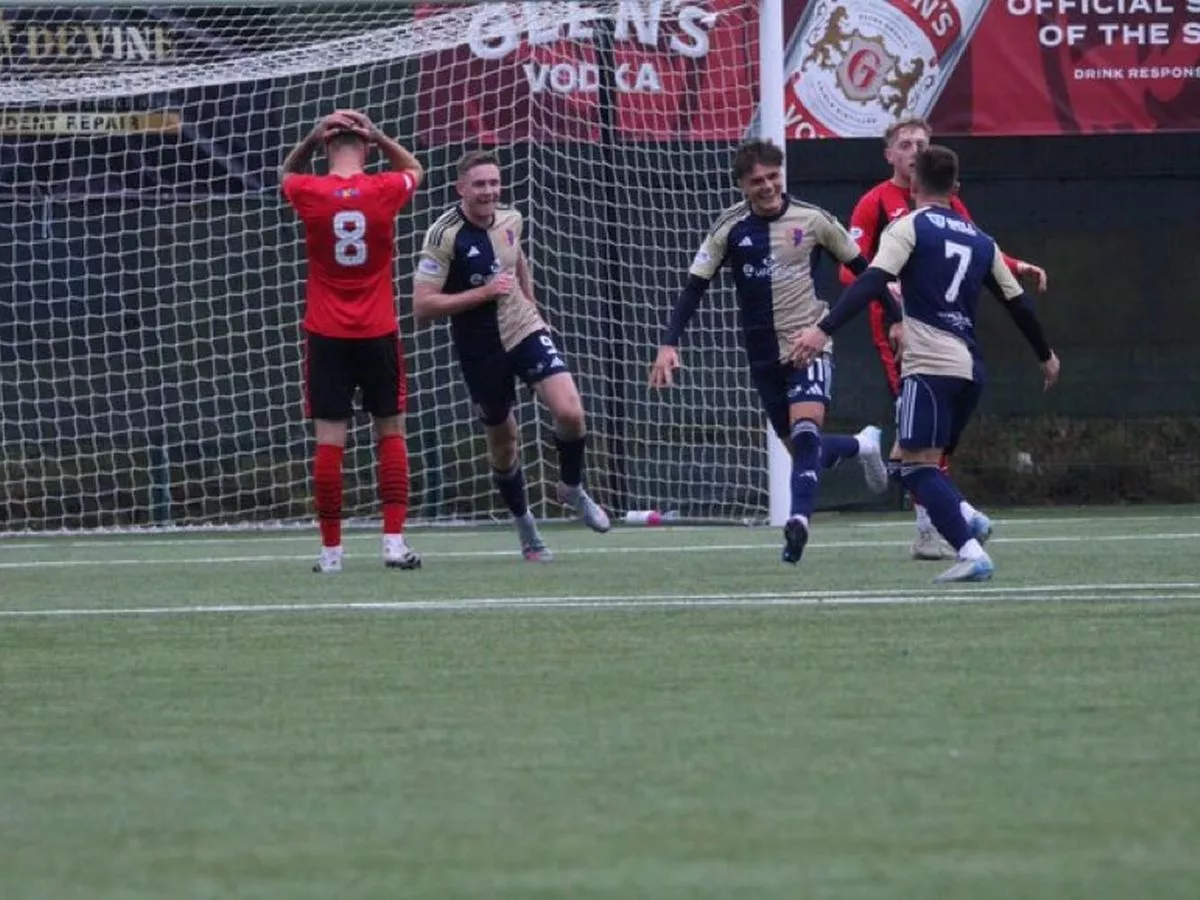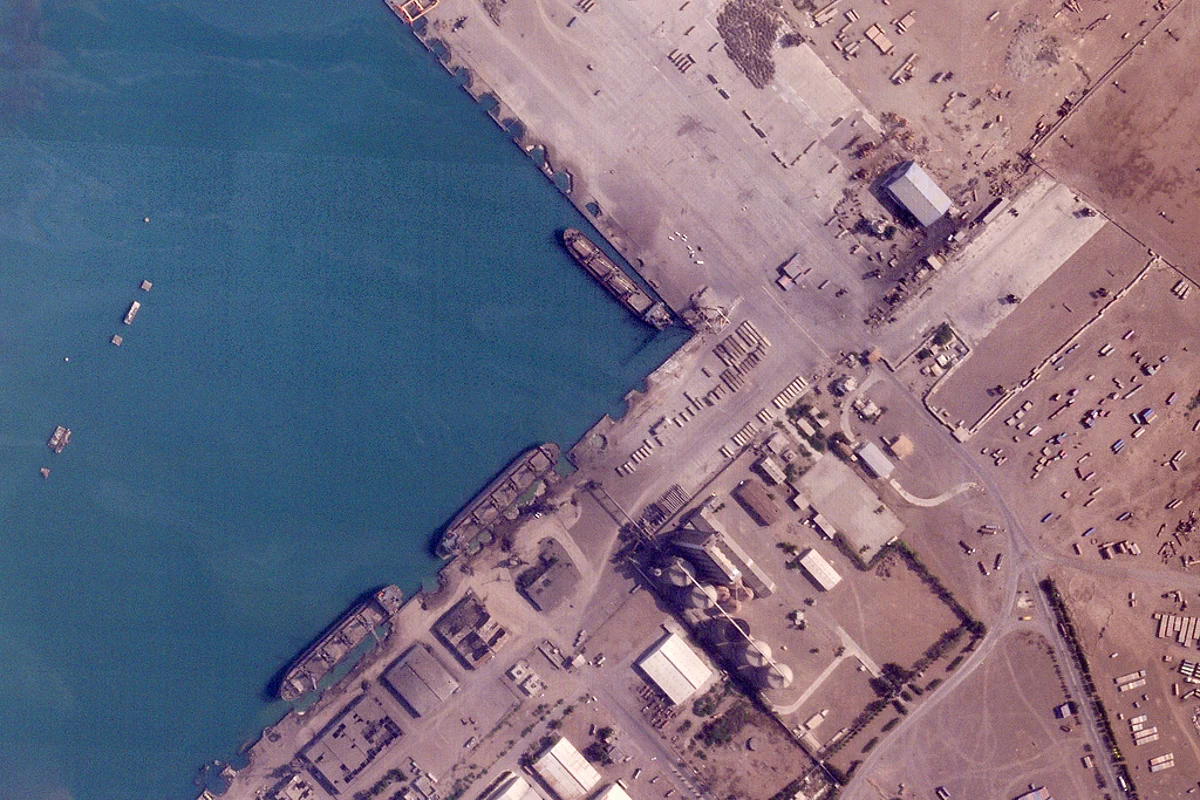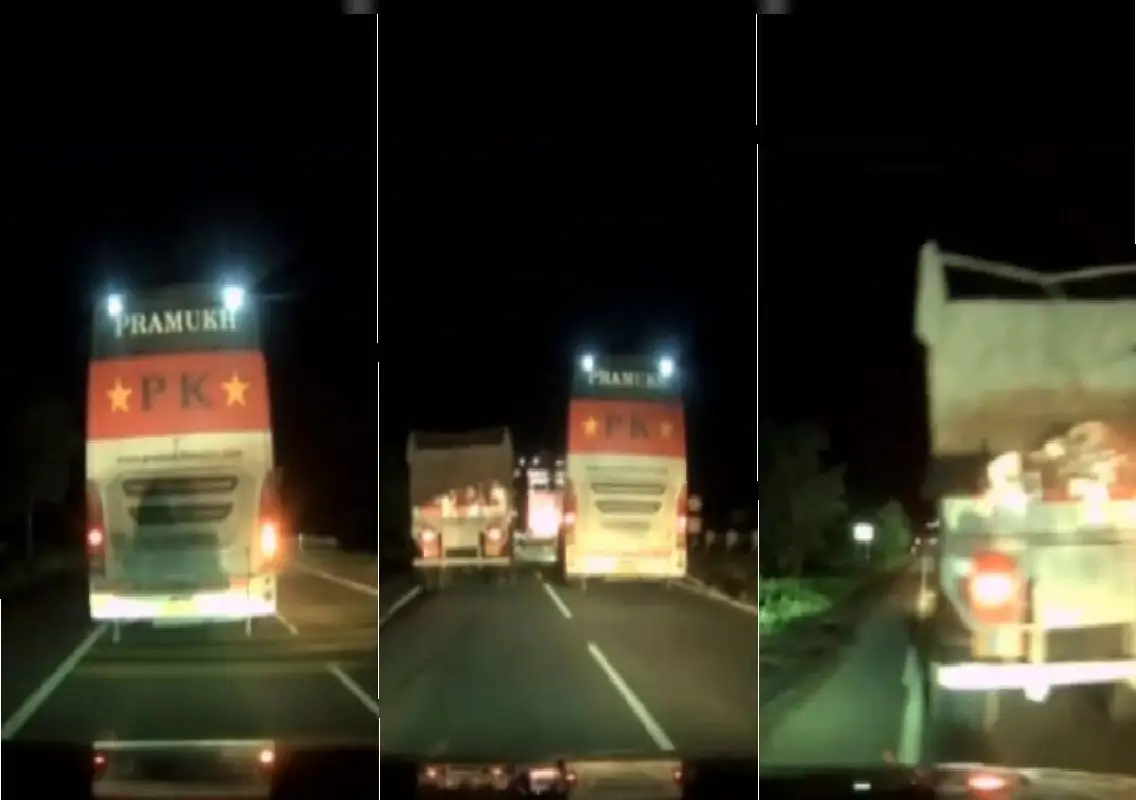Copyright Variety

Acclaimed Bulgarian directing duo Kristina Grozeva and Petar Valchanov (“The Father”) are in post-production on their fifth feature, “Black Money for White Nights,” an absurdist tale about a middle-aged couple who lose their life savings in a travel scam. The directors will be presenting the film during the Works in Progress program of the Thessaloniki Film Festival’s industry arm, Agora, which takes place Nov. 2 – 6. “Black Money for White Nights” is the story of Marina, a maternity nurse, and her husband Gosha, a railway dispatcher, who have spent years collecting small bribes to afford their dream trip to St. Petersburg to witness the White Nights. When Russia invades Ukraine, however, and the travel agency vanishes with their savings, their dream collapses — along with any illusions they clung to that they were in control of their lives. When Gosha winds up in the hospital, after being beaten while trying to recover the couple’s missing money, long-buried betrayals surface, forcing the couple to finally confront the lies their life was built on. In the end, their misfortune might ultimately present an opportunity to search among the ruins for a trace of dignity and grace. Speaking to Variety ahead of the Thessaloniki Film Festival, Grozeva and Valchanov described “Black Money for White Nights” as a “tragicomic meditation on post-communist life, where moral black and white have switched places.” It is a film, they said, “born out of confusion [at] a time when words lost their meaning and moral gravity seemed to collapse.” The veteran filmmaking tandem first conceived of the film nearly a decade ago, at a time when Valchanov said they were “taking a little break from the script for ‘The Father,’” an odd-couple road-trip comedy about a hapless man struggling to care for his father in the days following his mother’s funeral. The title is a riff on the Bulgarian expression to “save white money for black days,” the equivalent of an American rainy-day fund. Eventually the idea had to be shelved as the directors focused on other projects, but “we returned after some years and said, ‘Ok, this idea still provokes us,’” Valchanov said. In the interim years, “The Father” would go on to win the Crystal Globe at the Karlovy Vary Film Festival in 2019, while “Triumph,” starring Maria Bakalova, would premiere at the Toronto Film Festival in 2024 and be named Bulgaria’s submission for the best international feature Oscar race. Meanwhile, the world was turned upside-down by the coronavirus pandemic, and the global political order was upended by the growing influence of the far right. Then Russian forces invaded Ukraine, putting that very political order to the test. In Bulgaria, Grozeva and Valchanov watched with “disbelief” as the society around them was not only transformed but disfigured, and the very people who lived under the shadow of totalitarian rule were suddenly clamoring to defend the very forces that had enslaved them. The film, said the directors, grew out of that “absurdity,” focusing on the “quiet moral erosion that hides beneath the surface — invisible until one day everything built upon it collapses.” “Black Money for White Nights” is written by Grozeva, Valchanov, Diana Stoykova and Decho Taralezhkov and produced by Abraxas Film (Bulgaria) in co-production with Graal Films (Greece), with the support of the Bulgarian National Film Center, Eurimages, the Greek Film Center, BNT and ERT. The director of photography is Alexander Stanishev (“The Magic Life of V”), while editing is done by longtime Yorgos Lanthimos collaborator Yorgos Mavropsaridis (“The Favourite,” “Poor Things”). Though the film presents an unflinching “portrait of a generation who was the bearer of change, the bearer of hope for democracy…[whose] lives are built on mistaken beliefs,” Grozeva said the directors sought to portray their characters with sympathy — “to try to understand, not to judge them or point at their wrongs, but to understand…[and] get into their shoes.” It is when Marina and Gosha’s comfortable lives crumble, after all, that “they are forced to confront their own mistaken beliefs,” said Grozeva. It’s at that moment that perhaps a glimmer of light can creep in. “There is hope, and the hope comes when everything falls apart,” Grozeva said. “When lies and delusions collapse completely, maybe that’s when we open the space for truth and some different kind of order.” The Thessaloniki Film Festival runs Oct. 30 – Nov. 9.



